South Korea’s economic growth since the 1960s has been remarkable, transforming from a low-income agrarian society to a thriving, high-income industrialized economy. Research has shown that government policies played a crucial role in this transformation, mainly through strategic investments in physical and human capital and export promotion strategies. In addition, a focus on technological research and development helped to create a competitive advantage in the export market and cultivate a highly educated workforce.
Entrepreneurship has a complex history in South Korea, with cultural values and traditions significantly shaping the country’s entrepreneurial landscape. Confucianism, a religion and philosophy emphasizing education, hard work, and community loyalty, has been a driving force behind South Korea’s cultural value system and has influenced its society for generations. Despite this, there has been relatively little research on the connection between cultural context and entrepreneurship in South Korea.
However, a new academic paper to be published in July 2023 by the International Council for Small Business (ICSB) seeks to address this gap in our understanding. The paper will explore the historical evolution of Korean entrepreneurship, focusing on the role of Jo Shik, a renowned Confucian scholar during the Joseon dynasty, and the city of Jinju in South Korea. The authors argue that these factors were instrumental in shaping the development of Korean entrepreneurship and that understanding their influence is crucial for understanding the country’s entrepreneurial landscape today.
This paper will be the first academic publication on the history of Korean entrepreneurship in Confucian culture to be published in a Western academic journal. It promises to shed new light on this fascinating topic.
Evans, P., & Rauch, J. (1999). Bureaucracy and growth: A cross-national analysis of the effects of “Weberian” state structures on economic growth. American Sociological Review, 64(5), 748-765.
Rhee, J., Park, T., & Lee, D. H. (2010). Drivers of innovativeness and performance for innovative SMEs in South Korea: Mediation of learning orientation. Technovation, 30(1), 65-75. https://doi.org/10.1016/j.technovation.2009.04.008.



